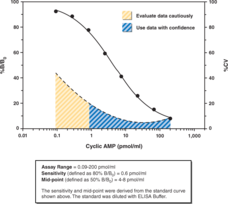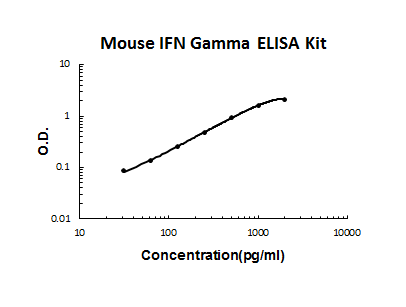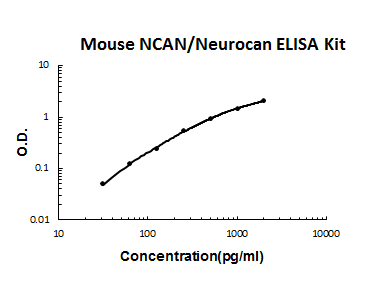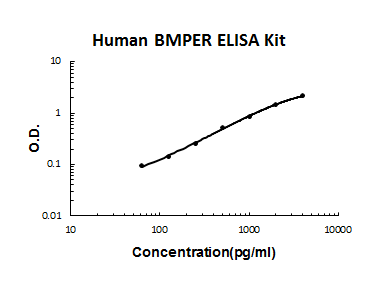Description
Adenosine 3′,5′ cyclic monophosphate (cAMP) is a ubiquitous cellular second messenger that is a critical component of a signal transduction pathway linking membrane receptors and their ligands to the activation of internal cellular enzymatic activity and gene expression. cAMP is synthesized from ATP by membrane-bound adenylate cyclase. Binding of ligands or hormones to their specific GPCRs activates GTP binding proteins (Gs or Gi) which either stimulate or inhibit adenylate cyclase. cAMP activates or inhibits various enzymes or cascade of enzymes by promoting their phosphorylation or dephosphorylation. The cAMP signal is neutralized by hydrolysis of cAMP to AMP by phosphodiesterases. Therefore, the concentration of cAMP in a cell is a function of the ratio of the rate of synthesis from ATP by adenylate cyclase and its rate of breakdown to AMP by specific phosphodiesterases. Cayman’s cAMP Select assay is a competitive EIA that permits cAMP measurements within the standard curve range of 0.09-200 pmol/ml and a sensitivity (80% B/B0) of approximately 0.6 pmol/ml. Acetylation of samples is not required in this highly sensitive assay.
Formulation:
Formal name:
Synonyms: Adenosine 3′,5′-cyclic mononucleotide|Adenosine 3′,5′-cyclic monophosphate|cAMP EIA Kit
Host:
Imunogen:
Applications:
Clone:
Purity:
Origin: Animal/Rabbit|Animal/Eel|Animal/Bovine|Animal/Mouse
Application|ELISA||Product Type|Assay Kits|ELISA||Research Area|Cell Biology|Cell Signaling|cAMP Signaling




